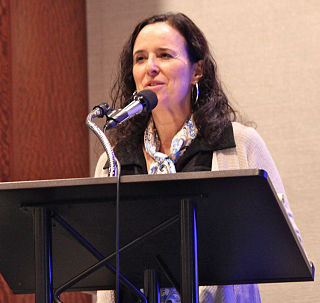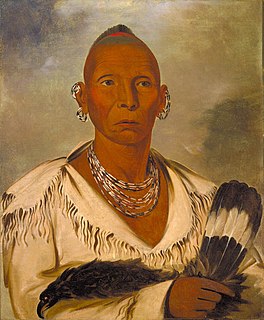A Quote by Lauren Bush
As an anthropology major, I wanted to understand the cultural significance of poverty - why it exists and why some countries can rise above it while others can't.
Related Quotes
In Germany, many other countries, college tuition is free. Why isn`t free in America? Why do we have the highest rate of childhood poverty when other countries have rates much lower than we have? Why don`t we have pay equity for women workers? Why aren`t we leading the world in transforming our energy system in terms of climate change? We can do that. Are we dumb? Are we lazy? Not the case.
In anthropology, which historically exists to 'give voice' to others, there is no greater taboo than self-revelation. The impetus of our discipline, with its roots in Western fantasies about barbaric others, has been to focus primarily on 'cultural' rather than 'individual' realities. The irony is that anthropology has always been rooted in an 'I' - understood as having a complex psychology and history - observing a 'we' that, until recently, was viewed as plural, ahistorical, and nonindividuated.
Every form has its own meaning. Every man creates his meaning and form and goal. Why is it so important - what others have done? Why does it become sacred by the mere fact of not being your own? Why is anyone and everyone right - so long as it's not yourself? Why does the number of those others take the place of truth? Why is truth made a mere matter of arithmetic - and only of addition at that? Why is everything twisted out of all sense to fit everything else? There must be some reason. I don't know. I've never known it. I'd like to understand.
Why do some people have to go barefoot so that others can drive luxury cars? Why are some people able to live only 35 years in order that others can live 70 years? Why do some people have to be miserably poor in order that others can be extravagantly rich? I speak for all the children in the world who don't even have a piece of bread.
A Winner's Blueprint for Achievement BELIEVE while others are doubting. PLAN while others are playing. STUDY while others are sleeping. DECIDE while others are delaying. PREPARE while others are daydreaming. BEGIN while others are procrastinating. WORK while others are wishing. SAVE while others are wasting. LISTEN while others are talking. SMILE while others are frowning. COMMEND while others are criticizing. PERSIST while others are quitting.










































